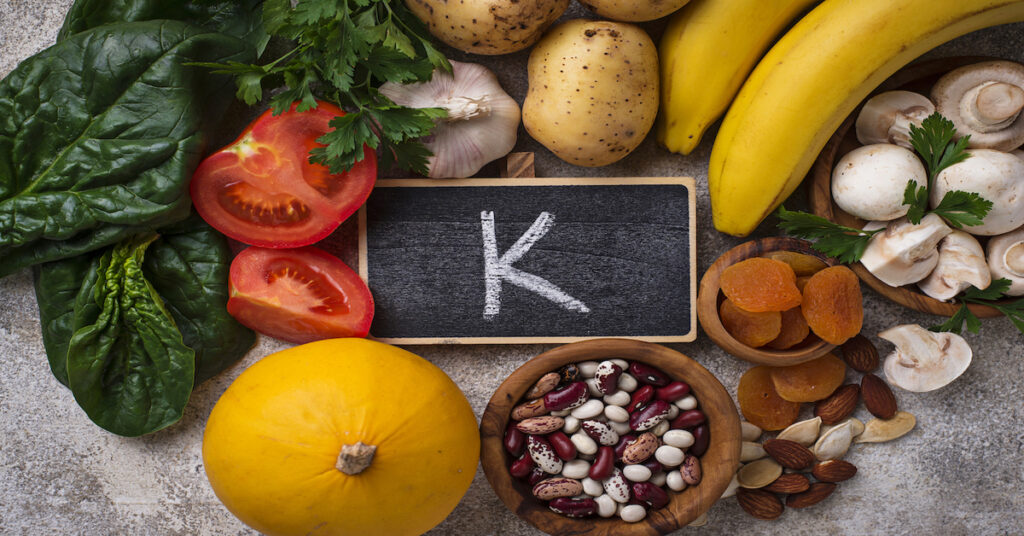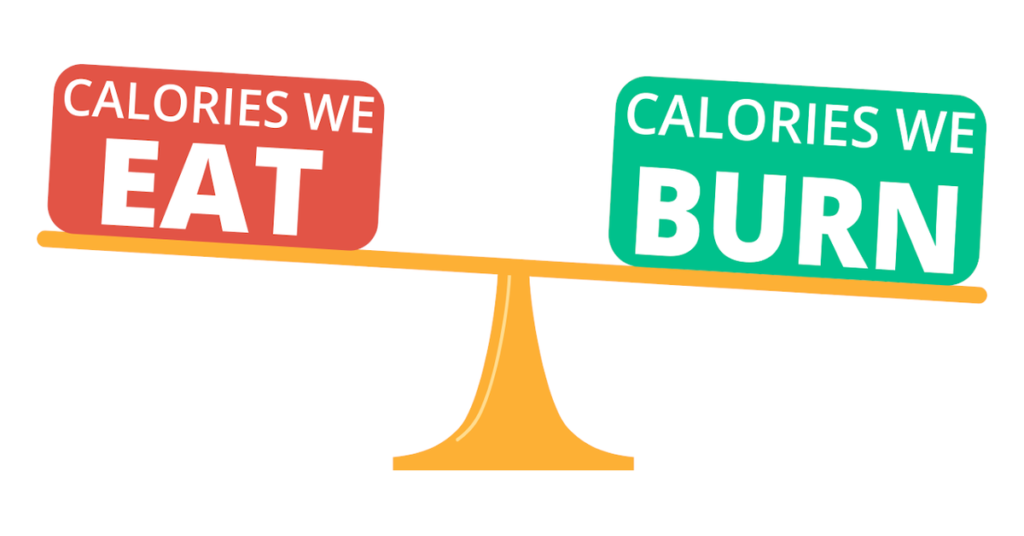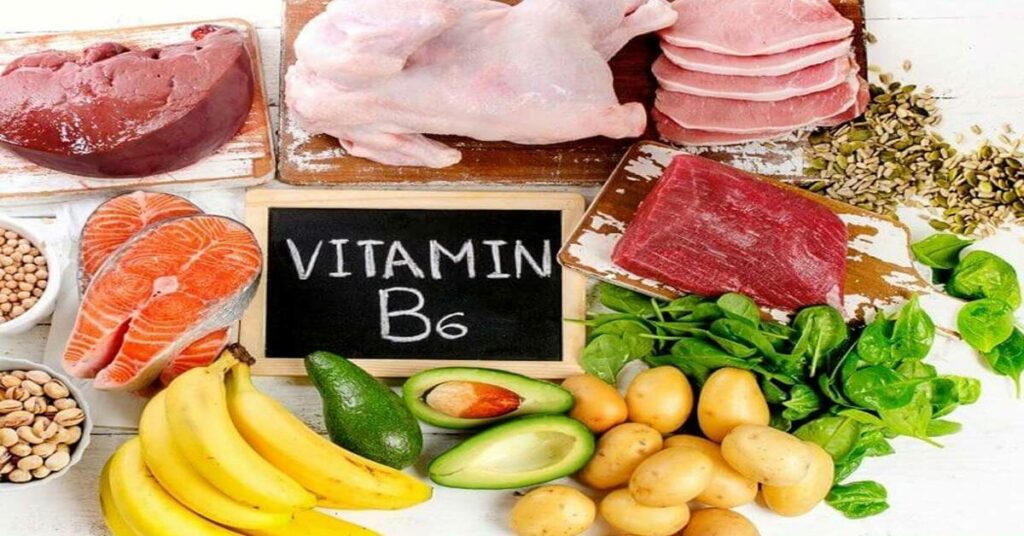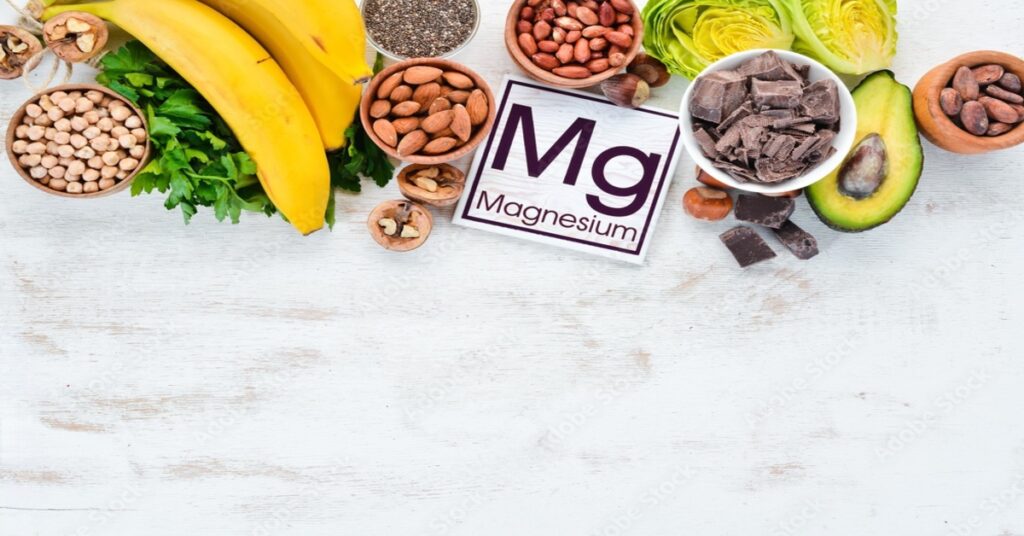ARTIFICIAL SWEETENERS
Artificial sweeteners, also known as non-nutritive sweeteners, are man-made substitutes for sugar, often found in processed foods marketed as “diet” or “sugar-free.” These substitutes can include acesulfame K, aspartame, saccharin, sucralose, and xylitol.
Despite being approved for use in foods and beverages by authoritative bodies such as the U.S. Food and Drug Administration and the European Food Safety Authority, artificial sweeteners have been a subject of controversy due to concerns about their potential to increase the risk of cancer. There is some evidence that links these sweeteners to cancer in rat studies, but data on humans are scarce (for a reason).
Artificial Sweeteners & Cancer
In this study, the relationship between cancer risk and artificial sweetener consumption was examined through a cohort analysis. The dietary habits and artificial sweetener consumption of 102,865 French individuals were monitored twice a year from 2009 to 2021.
To compare the risks associated with artificial sweeteners and sugar intake, the authors of the study categorized participants as “high” consumers (above the median intake among consumers), “low” consumers (less than the median intake), and non-consumers based on their intake of artificial sweeteners. Additionally, they categorized participants based on both their intake of artificial sweeteners and their total sugar intake, which was classified as either less than 100 g/day or at least 100 g/day.
Individuals who were categorized as higher consumers of artificial sweeteners in the study tended to be younger, female, smokers, less physically active, more educated, and had higher prevalence of diabetes compared to nonconsumers.
Their dietary intake included lower energy, alcohol, fiber, saturated fats, fruit and vegetables and higher intakes of sodium, total sugar, dairy products, sugary foods and drinks, and unsweetened nonalcoholic beverages.
Aspartame was the primary artificial sweetener used by participants, making up 58% of their artificial sweetener intake, followed by acesulfame-K (29%) and sucralose (10%). The intake levels of aspartame and acesulfame-K were both below the acceptable daily intake levels set by authorities, which are 40 mg/kg body weight/day and 9 mg/kg body weight/day, respectively.
Only 5 participants exceeded the acceptable daily intake level of 15 mg/kg body weight/day for sucralose. The main sources of total artificial sweetener intake were soft drinks, table-top sweeteners, and yogurt/cottage cheese, accounting for 53%, 29%, and 8% of intakes, respectively.
Individuals who consumed sweeteners had a higher risk of developing cancer by 13% when compared to those who do not consume sweeteners, during a median follow-up of 7.7 years.
The authors of the study further examined the risk associated with specific sweeteners and found that aspartame and acesulfame-K were linked to a 15% and 13% higher risk of total cancer respectively.
The study also noted that high consumers of sweeteners had a 13% higher risk of obesity-related cancers. Further, the consumption of aspartame resulted in a 22% higher risk for breast cancer and a 15% higher risk for obesity-related cancers.
In addition to sweeteners, the study also looked at the association between sugar intake and cancer risk. However, the findings indicated that there was no significant difference in risk between nonconsumers of sweeteners consuming at least 100 grams of sugar per day and high consumers of sweeteners consuming less than 100 grams of sugar per day. The highest risk for cancer was observed in individuals who had a high intake of sweeteners and consumed at least 100 grams of sugar per day.
A review was conducted to investigate if artificial sweeteners have genotoxic properties, meaning if they can cause damage to DNA or chromosomes, which can lead to cancer. The review found that artificial sweeteners are not genotoxic and are therefore unlikely to be carcinogenic. It is worth noting, however, that the study and several other reviews examining the genotoxicity potential of artificial sweeteners received **partial funding from the American Beverage Association**. Do you honestly believe that the conflicting interests of Big Corpo would allow their cheaply manufactured artificial sweeteners to be badmouthed?
Aspartame
Aspartame is an artificial sweetener that is used as a sugar substitute in various food and beverage products due to its low-calorie content. It is about 200 times sweeter than sucrose and is widely known under trade names such as NutraSweet and Equal in North America, Canderel in Europe, and Pal Sweet in Asia.
Diet Soda does not inhibit fat loss at all, and may actually suppress appetite that could help fat loss (although it does not induce fat loss either). There are studies that have found that diet soda is an effective substitution for regular soda and had no significant differences in health or weight loss relative to water and that increased servings of non-caloric beverages are not related to an increase in total calories.
Soda (in general) has been linked to poor dental health numerous times, especially children. [1]
Overconsumption of soft drinks without adequate dental intervention may result in cavities and yellowing of teeth, and this applies to both sugared and diet sodas; although sugared are worse in this regard.
Artificial Sweeteners & The Gut Microbiome
In an open-label randomized controlled trial, researchers examined the effects of short-term consumption of low and no calorie artificial sweeteners on blood glucose levels, as well as the effects on the gut and oral microbiome. They also conducted a mouse study using fecal transplants from human participants to investigate the potential causal link between changes in the microbiome and glucose tolerance.
The results showed that each artificial sweetener administered had distinct effects on stool and oral microbiome as well as plasma metabolome, and that saccharin and sucralose consumption significantly impaired glycemic responses. Additionally, gnotobiotic mice that were given microbiomes from top and bottom responders of each of the four NNS-supplemented groups showed glycemic responses similar to those of their respective human donors, which were influenced by unique microbial signals, as seen with sucralose.
These findings suggest that artificial sweetener consumption can lead to person-specific, microbiome-dependent glycemic alterations, highlighting the need for further investigation into the clinical implications of these results.
The authors of a 2020 narrative review suggested that the consumption of non-nutritive sweeteners (NNS) could lead to changes in the gut microbiome’s composition and function, which could potentially result in metabolic dysfunction. The review primarily examined in vitro and animal studies, emphasizing a possible connection between NNS, sweet taste receptors, and alterations in the gut microbiome.
Animal research has suggested that non-nutritive sweeteners (NNS) could potentially impact the gut microbiome. However, given the heterogeneity among studies, interpreting the findings can be challenging. Some studies have indicated that saccharin, acesulfame K, and sucralose may reduce levels of Akkermansia muciniphila in mice, and this depletion could be linked to impaired glucose tolerance. The current study’s results align with these findings and suggest that certain individuals may be more susceptible to the microbiome and physiological effects of NNS consumption than others.
The authors of a 2022 narrative review observed that high doses of these sweeteners may alter the gut microbiome in in vitro and animal studies. However, human studies have yet to demonstrate a significant effect of saccharin and sucralose on the gut microbiome, potentially due to the lower relative doses used in these studies and the short-term nature of the outcomes measured.
Consumption of sucralose in the presence of a carbohydrate rapidly impairs glucose metabolism and results in longer-term decreases in brain, but not perceptual sensitivity to sweet taste, suggesting dysregulation of gut-brain control of glucose metabolism.







